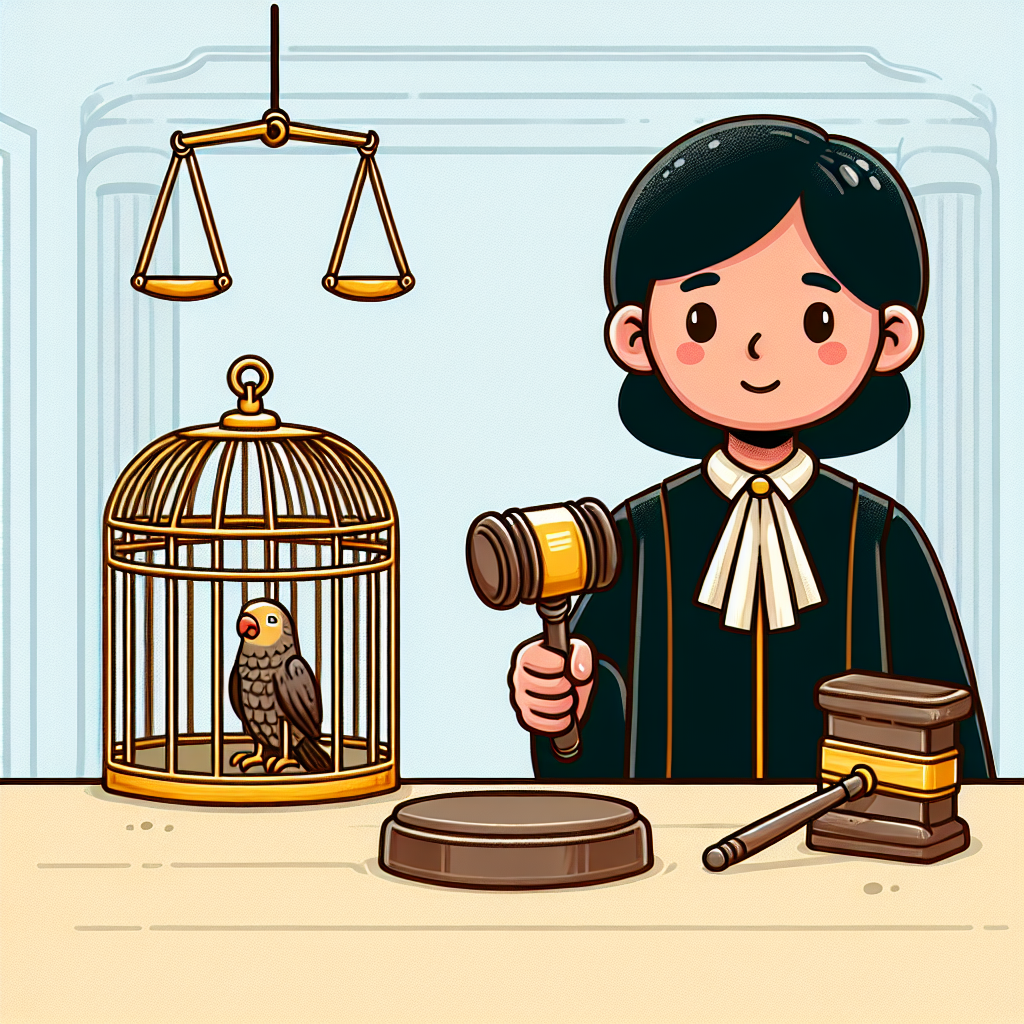A UN expert has issued a critical warning about the escalating threat posed by powerful economic actors who leverage their financial influence to undermine the independence of the judiciary. Margaret Satterthwaite, the Special Rapporteur on the independence of judges and lawyers, highlighted these concerns in her report presented to the General Assembly, pointing to a troubling trend in many regions.
“These improper pressures exerted by economic actors include attempts to intervene in processes to determine who becomes a judge and lobbying sitting judges to make them more receptive to their aims,” Satterthwaite stated. This manipulation creates a judicial environment where justice is not equally accessible, favouring those with wealth and influence.
Moreover, Satterthwaite noted that wealthy individuals and corporations often "weaponize" justice systems to further their interests. This includes filing strategic lawsuits against public participation (SLAPPs), which are designed to silence critics and stifle public discourse. These lawsuits often disguise themselves as defences of private interests but ultimately aim to suppress legitimate criticism, oversight, or resistance to powerful entities' activities.
The Special Rapporteur urged states to adopt a proactive approach to investigate these issues and close the avenues through which economic influence infiltrates the judiciary. “Ethics and integrity systems should be strengthened, loopholes closed, and judges, prosecutors, and lawyers do their part to address these harms,” she emphasized.
Satterthwaite warned that if these issues remain unaddressed, the consequences for human rights could be dire. “If not, I fear that while some voices are privileged by justice systems, others will be shut out or silenced, with devastating impacts for human rights.” Key Recommendations:
Investigate Economic Influence: States should conduct thorough investigations into how economic actors exert influence over judicial processes.
Strengthen Ethics and Integrity: Enhancing ethical standards and integrity mechanisms within the judiciary to prevent undue influence.
Close Legal Loopholes: Identifying and closing legal loopholes that allow economic actors to manipulate the justice system.
Support for Judges and Lawyers: Providing judges, prosecutors, and lawyers with the necessary tools and support to resist pressures from powerful economic interests.
Broader Context: This warning comes at a time when many countries face rising economic inequality and diminishing public trust in judicial systems.
The erosion of judicial independence not only threatens the rule of law but also poses a significant risk to democratic governance and fundamental human rights.
As civil society continues to advocate for transparency and accountability, the call to safeguard judicial independence is more pressing than ever. Addressing these challenges requires a united effort from governments, legal professionals, and the international community to ensure that justice is upheld for all, regardless of economic status.
In a climate where the integrity of justice systems is increasingly at risk, it is imperative that stakeholders act decisively to protect the foundational principles of fairness and equality before the law.











